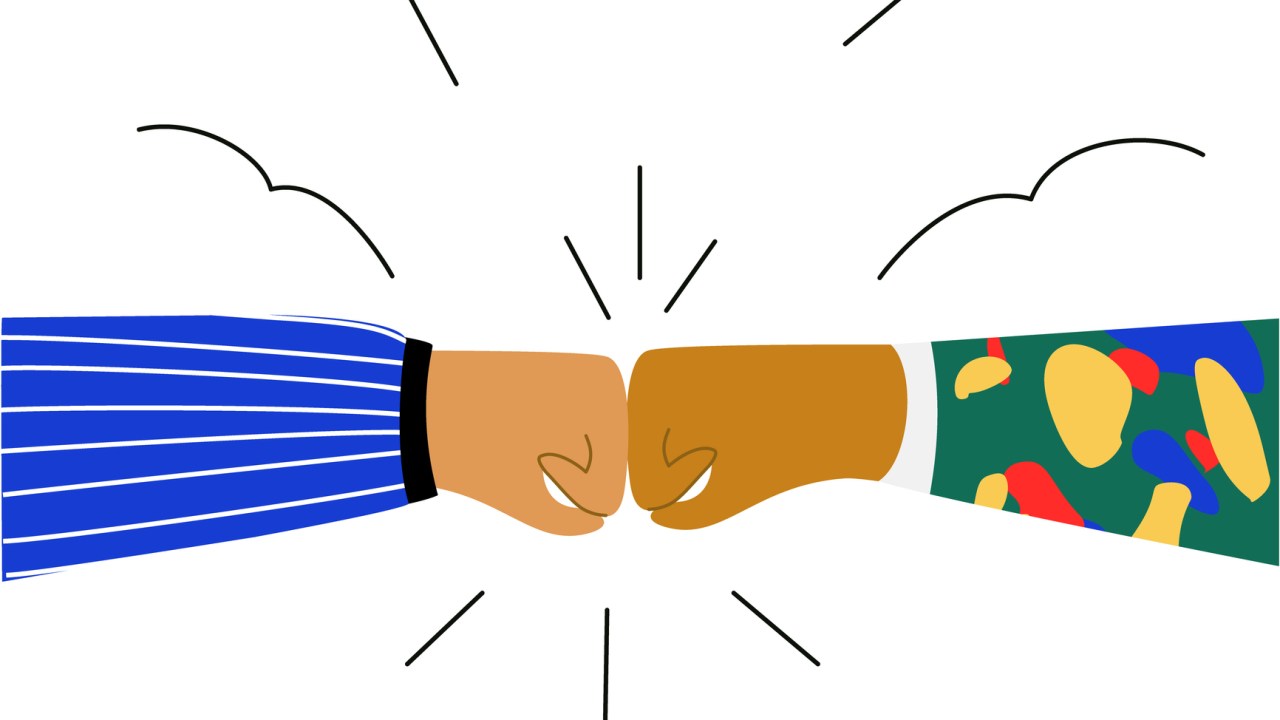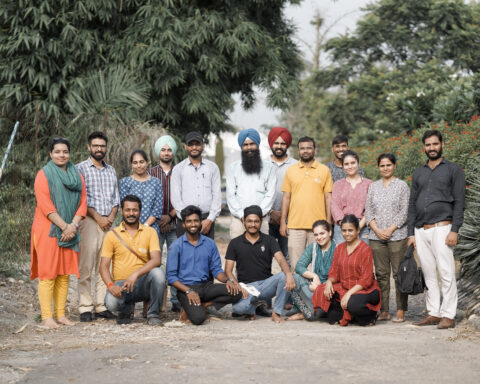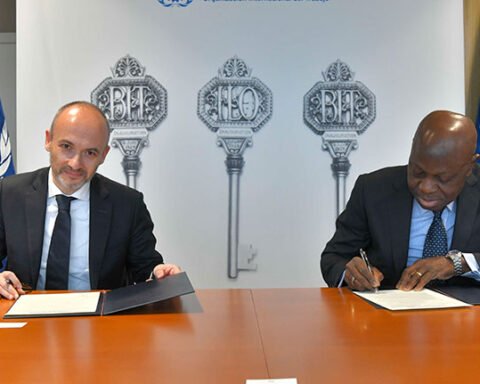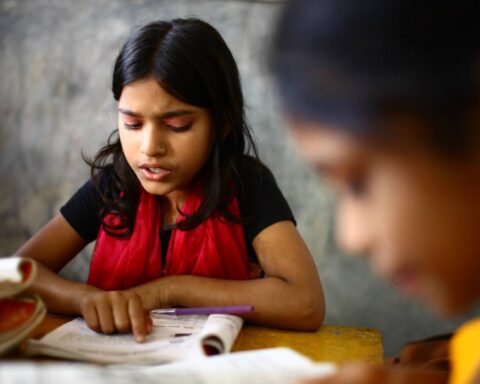Few things are more irritating than watching your child struggle to make friends or fit into social situations. There are various things parents may do to help their children improve their social skills
There has been a lot of research done on the stages of play that a young child goes through when learning to make friends. According to research on brain development, a young child’s brain begins to create pathways for social abilities as early as birth. There are six stages of play, each with its own set of social abilities, according to study. The early childhood curriculum assesses these skills. The phases and social skills shown below are estimates and should only be used as a guide:
Understanding some of these important markers of social skills needed for play can assist you in evaluating their abilities. Observe your young child’s social interactions in a variety of situations. At home, with family and friends, and at their preschool or early childhood education and care centre, keep an eye on them. This may assist you in determining whether your child is socialising during play in order to create friends. We refer to a child’s transfer from one educational setting to another as a transition. During this period, your child’s positive social development skills are a valuable advantage. Educators from both school settings will collaborate with you and with one another to make the transition as seamless as feasible.
Self-care, separation from parents, growing independence, and eagerness to learn are some of the major signs that will assist children during transitions. As parents, you can: familiarise your child with the new environment; engage in active listening as your child expresses their thoughts and feelings about starting in a new learning environment; and engage in active listening as your child expresses their thoughts and feelings about starting in a new learning environment.





























